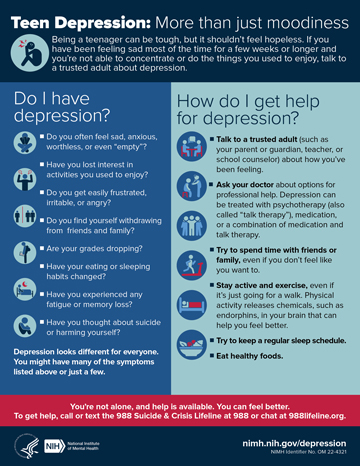
It’s impossible to eliminate all of your stress, but science shows you can learn to manage it better.
Over the last 20 years, Judith Moskowitz, a research psychologist at Northwestern’s Feinberg School of Medicine, has been researching a set of eight skills and practices to help people increase positive emotions and decrease anxiety, even amid hard times. And she’s developed an online course to teach these skills, a kind of master class in managing stress.
One thing Moskowitz realized early on in her research is that even when they’re going through hardship, people still want to talk about positive things, like seeing a lovely sunset or sharing a meal with a friend. And the people who notice more of these bright spots tend to cope better.
Moskowitz’s course can immerse you in these skills. Here’s a quick summary if you want to get started.
8 Skills to Manage Stress
1. Positive events
We tend to fixate on the negative. So, try this: Switch your focus to something good today. It could be a beautiful sky, a delicious bite of fresh fruit, or a call from a friend.
When you pay attention to small pleasures, you may feel a shift to a sense of calm or comfort.
This is a simple concept, but it goes against our natural instincts. Humans evolved to pay attention to threats and problems. “That’s adaptive,” Moskowitz says. But don’t miss out on the good.

2. Savoring
Now that you’ve noticed a beautiful sky or delicious scent, take time to savor it. The goal here is to make the moment last.
“Think of it as getting another hit of positive emotion,” Moskowitz says. You can savor a moment by simply remembering it, or you can write it down or tell someone else about it. This can amplify the positive feelings and give you an emotional buffer when stress and anxiety rise.
When something unfortunate or unexpected happens, can you find a silver lining?
3. Gratitude
This one can feel like a platitude. I get it! But before you brush it aside, there’s a lot of research on the benefits. For instance, a recent study among women points to a potential longevity boost from feelings of gratefulness.
4. Daily mindfulness
You’ve likely heard this one before: To feel calmer, tune in to your experience in the present moment, instead of getting caught up in your thoughts. But you won’t see the benefit unless you actually take the time to practice it.

5. Positive reappraisal
When something unfortunate or unexpected happens, can you find a silver lining? It’s a familiar concept, but Moskowitz says it can pay off. One refrain she uses in her own life when something bad happens is “It could have been much worse.”
6. Self-compassion
Are you your biggest critic? If your self-talk is negative, that’s a good clue. Many of us “hold ourselves to a very high standard that we would never expect of anyone else,” Moskowitz says. So, now’s the time to take the compassion you’d show to a friend and turn it on yourself.

Interested in learning more about coping with stress? Check out our podcast to learn mindfulness strategies that you can use today to reduce your stress.
7. Personal strengths
In the midst of challenges and struggles, we can forget what we’re good at. So, the course offers up a technique to recognize your strengths and take stock. Are you a good listener? Empathetic? Are you great at managing details? Knowing your strengths helps you stand strong amid challenges.
8. Attainable goals
If you know your strengths, it may make it easier to set goals that align with them. “The research on goal attainment shows that any progress toward a goal increases your positive emotion,” Moskowitz says. So, it’s worth pulling out a notebook and writing down some goals. “I find it extremely rewarding to cross something off my list,” says Moskowitz.
Become more resilient and find more moments of happiness.
Moskowitz says practicing these skills can help build a “reservoir” of positive energy that you can draw on when it’s time to cope with challenges or annoyances.
Excerpted from “Stressed out? These 8 skills can help boost mood and reduce anxiety” from NPR. Read the full article online, or listen to it below:
Source: NPR | Stressed out? These 8 skills can help boost mood and reduce anxiety, https://www.npr.org/sections/shots-health-news/2024/09/27/nx-s1-5082364/anxiety-stress-positive-coping-class-skills | © 2024 npr. Retrieved October 2024.





